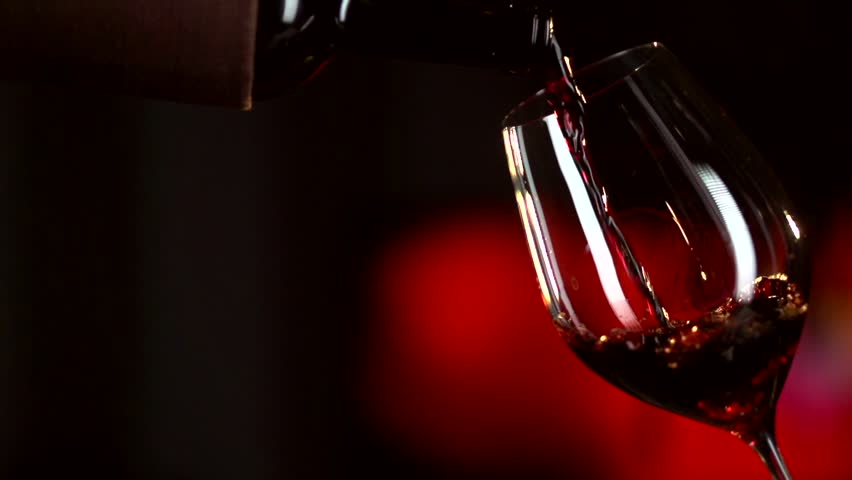Liquor Licenses ÔÇô a primer

ÔÇïA valid liquor license is frequently a key factor in the success, or otherwise, of a restaurant or similar type of social venue. Therefore, we thought a quick primer on these licenses and how they are awarded will be useful
There are three basic types of liquor licenses:
- For consumption on the Licensed premises
- For consumption off the licensed premises
- Any other license that the board deems appropriate
The award of a liquor license grants certain rights and privileges to the licensee while simultaneously subjecting the licensee to specific obligations and responsibilities. More simply put, the licensee will be allowed to sell liquor under certain conditions. Conditions might include detailed trading hours that are allowed for example.
The actual license document will also contain confirmation that the required fees have been paid by the licensee
The Liquor Board, and each province has its own one, will take several factors into account when granting a license. Specifically:
- The premises must be suitable for purpose
- The applicant must be of good character and fit to be the holder of the license
- The grant must be in the public interest
- There must be no possibility of harmful monopolistic condition arising
- Grant must comply with the Act
The Board will not grant a license if:
- The premises are within 500 metres of a place of worship, educational institution or public transport facility
A license is transferable if the premises have already been approved. Essentially the only requirement then is that the new person taking over the premises and license is a fit and proper person
